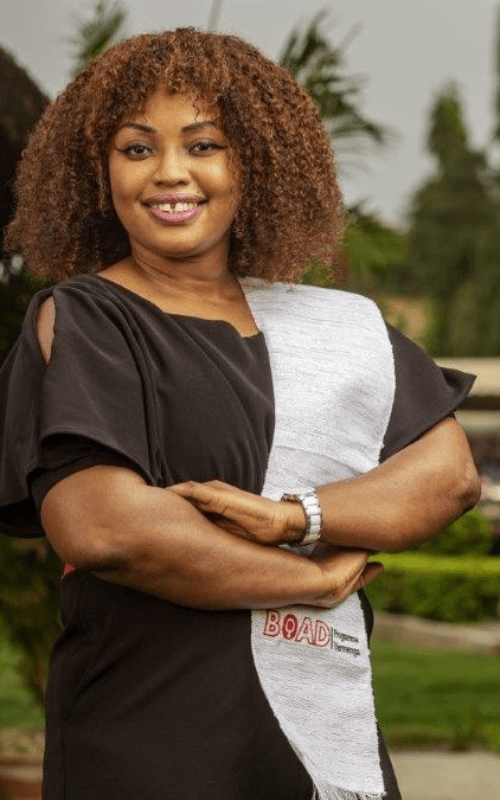Since its creation in 1973, the BOAD has financed projects in key development sectors, notably agriculture, energy, transport, telecommunications and education, thus contributing to the balanced development of the sub-region.
In these sectors, BOAD focuses on mitigating the negative environmental impacts and enhancing the positive impacts of its projects, thus demonstrating its commitment to international environmental protection requirements.
Over two decades ago, the BOAD introduced its first instruments for environmental and social management of projects. It has established nine (9) Environmental and Social Safeguard Standards to avoid, minimize, reduce or mitigate the risks and negative environmental impacts of the projects it finances. This approach is justified by the recognition of sustainable development as the main paradigm for development in the 21st century, and the commitment to make the Bank a regional benchmark for integrated and sustainable development.
Developing waste treatment and recovery infrastructures at regional and national level, while strengthening the strategic and operational capacities of those involved in waste management, is one of the major challenges facing UEMOA countries as they strive to protect the environment, improve living conditions and reduce the health risks associated with insalubrity.
As part of this dynamic, BOAD has recently financed innovative projects that have had a positive impact on the environment, such as the Cotonou rainwater sanitation project (PAPC)The main aim of the project is to reduce the risk of flooding in target areas of the city of Cotonou, and to strengthen urban planning, management and resilience. In addition, the Bank was able to mobilize resources in the form of grants from the Global Environment Facility (GEF) to support a regional project to promote sustainable waste management and reduce POPs and mercury emissions in six (06) WAEMU countries.
